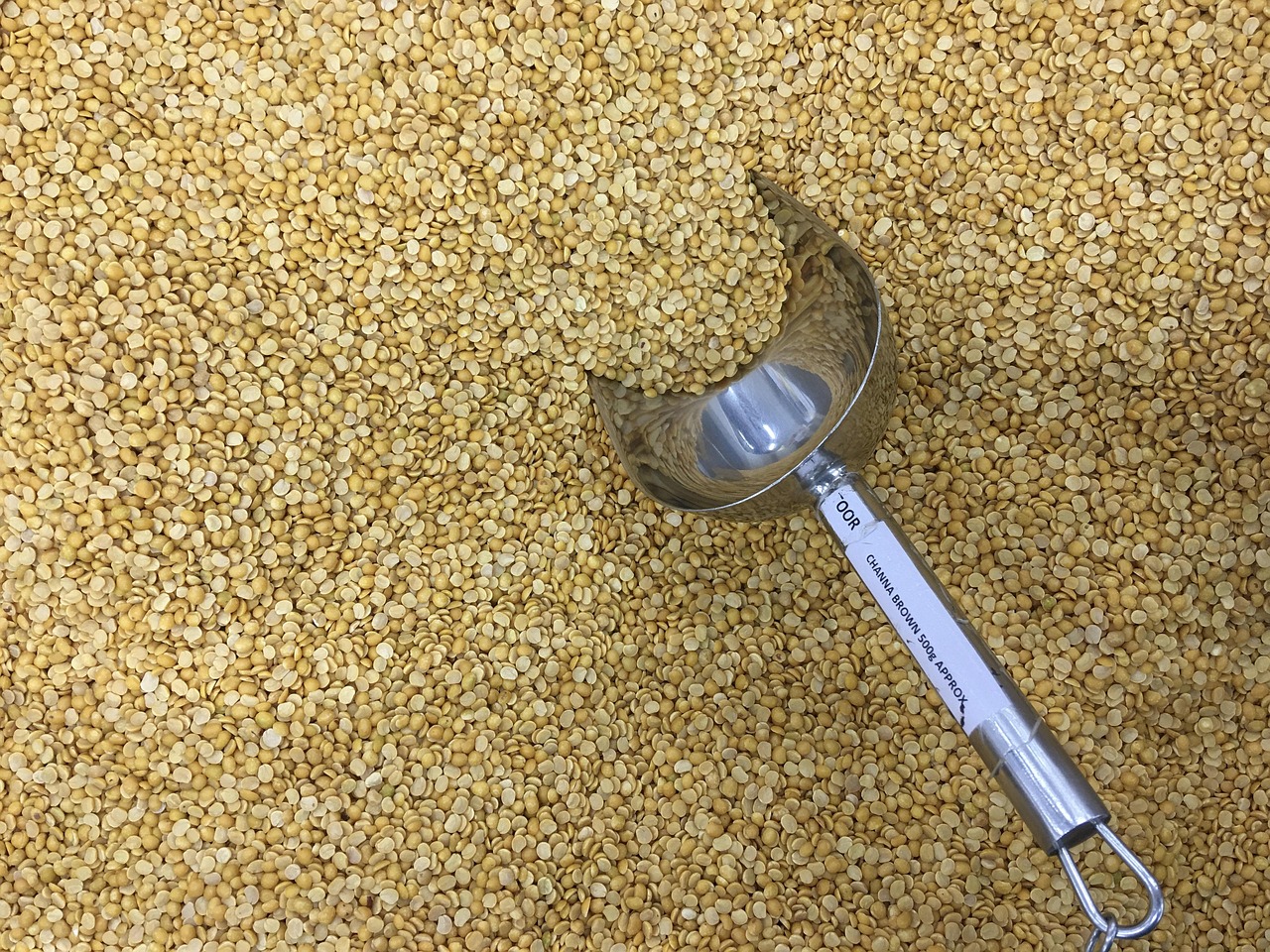The Self Employed Women’s Initiative (SEWA)’s visionary initiative, Kheti Zumbesh, is redefining agriculture by turning farming into an enterprise and farmers into entrepreneurs. Through this program, the SEWA has empowered women to go beyond traditional farming, equipping them with the tools, knowledge, and resources needed to take control of their livelihoods. Under SEWA’s pioneering Kheti Zumbesh, farming is not just about growing crops, it is about transforming agriculture into an enterprise and farmers into entrepreneurs. By organizing women into clusters and supporting them with infrastructure, finance, and training, SEWA ensures that women farmers take control of every aspect of their livelihoods—from production to marketing.
In Kavitha, where mung production thrived, women farmers dreamed of doing more than just growing crops. They envisioned creating opportunities for others, adding value to their produce, and ensuring fair returns for their hard work. Inspired by the ethos of Kheti Zumbesh, they came together through self-help groups and proposed to SEWA the idea of setting up a Daal Mill. True to its mission, SEWA provided not only financial support but also technical guidance, helping these women turn their vision into reality.
The Daal Mill became a space where the women could process and polish not just their homegrown mung but also tuver and channa daal sourced from other regions. SEWA brought in experts to train the women in operating the large machines, which initially seemed intimidating. It took three months of intensive learning for the women to master the machinery and start production. But these challenges only made the women stronger. They worked tirelessly, learning every aspect of running the mill, from machine operations to quality control. Power supply delays and technical hiccups tested their resolve, but their determination never wavered. Slowly, they learned the intricacies of running the mill, from quality control to managing production.
Despite the initial struggles, the women of Kavitha persevered. Today, the Daal Mill processes and sells between 7,000 and 8,000 kilograms of daal every three months, with the entire village rallying behind the effort. The mill directly employs eight women, and through SEWA’s RUDI network, the women ensure that their products fetch rates that are better than the market’s.
RUDI, a platform run by women for women, buys their produce, eliminating the need for middlemen and providing a reliable market. Farmers in surrounding areas now benefit from having a local buyer, and the women of Kavitha have become role models of entrepreneurial success.
The connection between Kheti Zumbesh and the Daal Mill is profound. Under Kheti Zumbesh, SEWA’s mission is to transform farms into enterprises and farmers into business leaders. The Daal Mill embodies this vision by demonstrating how collective strength, backed by the right resources and guidance, can create a sustainable source of income and empowerment. Women who once only cultivated fields are now processing and selling finished products, taking control of their economic destinies and creating employment opportunities for others.
The success of the Daal Mill has ignited a sense of pride and confidence among the women of Kavitha. They have proved that when women are given the chance to lead, they not only uplift themselves but also their entire community. The Daal Mill, born out of SEWA’s Kheti Zumbesh initiative, is not just an enterprise—it is a movement. It is a shining example of how rural infrastructure owned and managed by women can drive transformational change, turning challenges into opportunities and dreams into reality.
Through initiatives like Kheti Zumbesh and projects like the Daal Mill, SEWA proves that women are not just participants but leaders in building a sustainable, equitable future. The Kheti Zumbest initiative is supported by the APFP-FO4A program.
APFP-FO4A is implemented by the consortium Asian Farmers’ Association for Sustainable Rural Development (AFA) and La Via Campesina (LVC) and funded by the European Union and the International Fund for Agricultural Development (IFAD).




Comments are closed